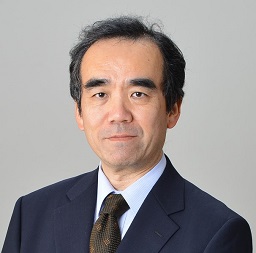
YABUNO Hiroshi, Dean
Expectations are increasing for science and technology in order to sustainably develop human society, which is becoming increasingly complex and diverse on a global scale. To achieve this, we must anticipate rapidly changing social needs, respond to them, and continue to produce cutting-edge science and technology that can truly contribute to society. Rather than simply following trends, it is important to explore profound fundamental theories regardless of their applicability, acquire advanced specialized knowledge based on these theories, and cultivate originality and flexible thinking skills in the process. In any era, it always plays an extremely important role in creating cutting-edge, innovative science and technology and implementing it in society. At the School of Science and Engineering of the University of Tsukuba, we view the flow from natural science exploration based on pure intellectual curiosity to engineering technology that directly contributes to society and the environment as a series of studies. Here, students understand mathematics as the language of nature, physics as nature’s universal principles, and chemistry as interactions between substances. As applications of these fields, they learn engineering sciences for handling micro and nano materials, engineering systems for perfecting new ideas as technology, and policy and planning sciences as engineering directly related with society. They select one of these areas as a college, but can also take classes in other colleges. you can also take classes from other schools to gain a wide range of knowledge. Why not acquire knowledge of science and engineering from a wide range of perspectives, from basics to applications, and work with us to carve out a prosperous future society, at the School of Science and Engineering of the University of Tsukuba?


 Japanese
Japanese